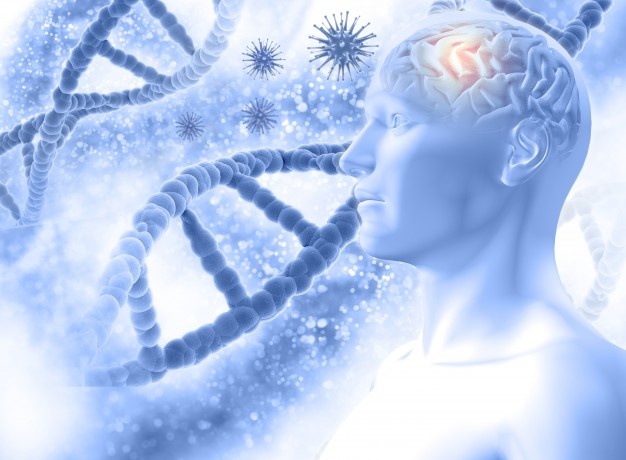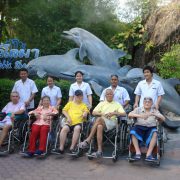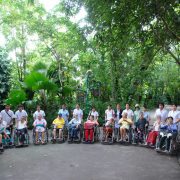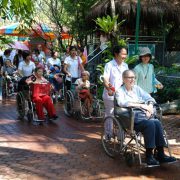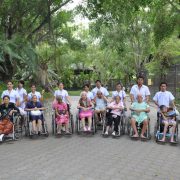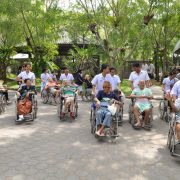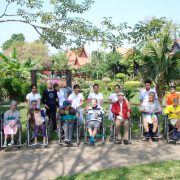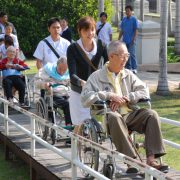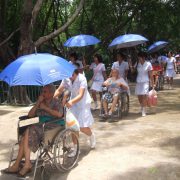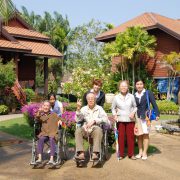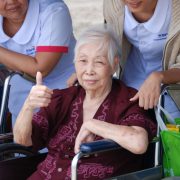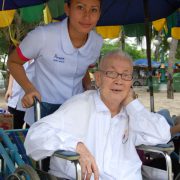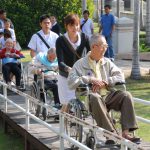What is Alzheimer´s disease?
Alzheimer´s disease is the most common cause of dementia. Dementia is a brain disorder that interferes with a person´s ability to carry out everyday activities. This usually affects the parts of the brain that control functions such as thought, memory, and language.
Incidence of Alzheimer´s disease.
The risk of developing Alzheimer´s disease continues to increase with age. More than 30 million people worldwide have Alzheimer´s disease. The disease affects all races and ethnic groups, but does seem to affect women more than men.
Nature of disease
Alzheimer´s disease is a progressive disease, which means that it gets worse over time. It can not be cured or reversed by any known treatment. Symptoms often are subtle at first. Over time, people with the disease lose their ability to think and reason clearly, judge situations, solve problems, concentrate, remember useful information, take care of themselves, and even speak. Changes in behavior and personality are common.
Alzheimer´s: Prevention, Treatment, and Slowing Down
The latest medical research suggests that the best hope for preventing or slowing down Alzheimer´s is to adopt a lifestyle that includes the following:
– Eat a healthy diet and get regular exercise.
– Relax and reduce your stress.
– Stay engaged in social activities with friends, family and others.
– Exercise your mind to keep your brain in tone.
Care for people with Alzheimer´s disease
People with mild Alzheimer´s disease usually require close supervision and help with everyday tasks such as cooking, shopping, and paying bills.
People with severe Alzheimer´s disease can do little on their own and require complete full-time care.
Early warning signs of Alzheimer´s disease include memory problems such as difficulty recognizing familiar people or things (not just forgetting a name), and difficulty performing familiar tasks.
As the disease progresses the symptoms become more serious. These people will not be able to carry out everyday activities without help like bathing, dressing, eating, speaking, and confusion even in familiar surroundings.
In the later stages of the disease, the symptoms are severe and devastating. They will not be able to recognize even close relatives and friends, and complete loss of short-term and long-term memory.
People with Alzheimer’s disease can live anywhere from 2 to 20 years. When people are first diagnosed they often become depressed, anxious or agitated.
As the disease progresses people with Alzheimer´s disease may become uncharacteristically aggressive. Over time people with dementia become less and less aware of their limitations.
The later stages of Alzheimer´s are characterized by greater confusion, disorientation and dependency on others. Physical health often begins to deteriorate as activity levels decline and more time is spent sitting around or lying in bed.


